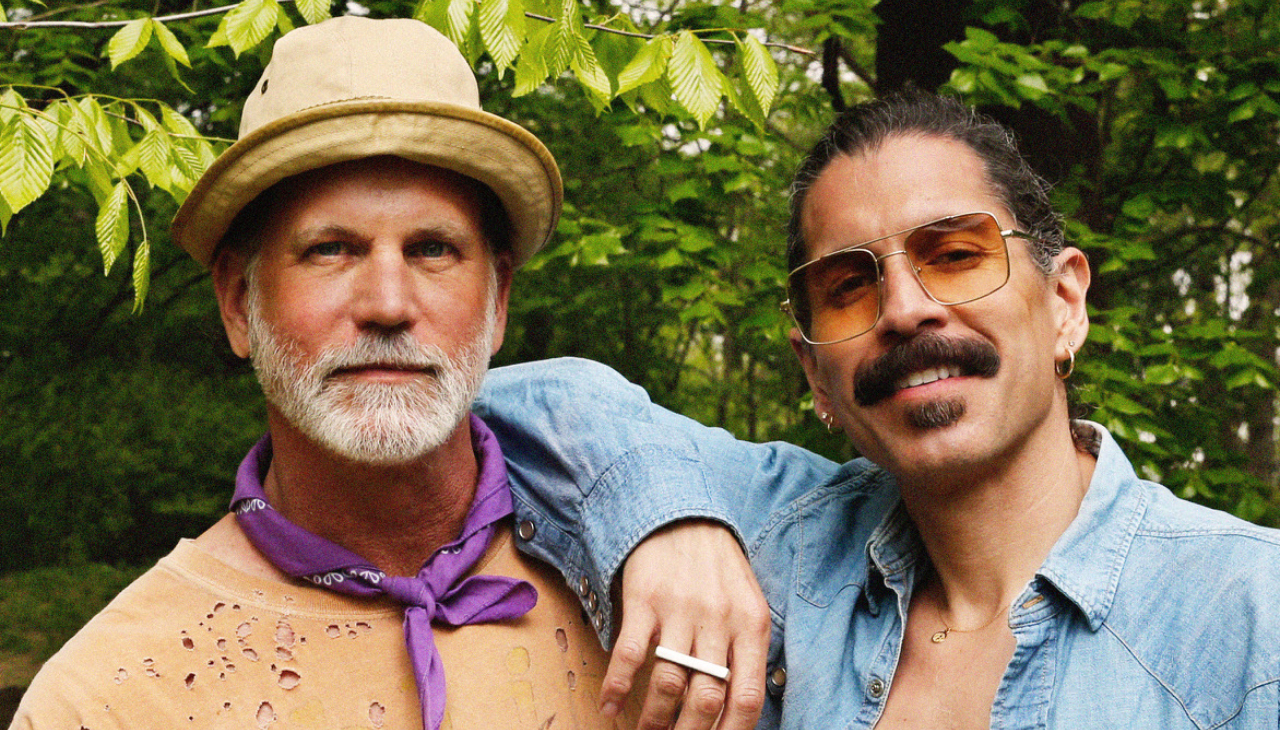
Three Cheers for Gay Beer
The queer-owned beer brand was created five years ago by Jason Pazmino and Jon Moore to center the LGBTQ+ community.
The idea for Gay Beer came, perhaps unsurprisingly, during a night out with friends.
“We were sitting in a local gay bar in New York City called Julius and we were just having commentary on beverage space in general with our friends,” explained co-founder Jason Pazmino during an interview with AL DÍA.
“And we just noticed that everyone around us was drinking so much beer, yet, there was no brand or company that was outwardly marketing to us annually, integrally. We were just buying what’s available,” he added.
This was the lightbulb moment he and fellow co-founder, Jon Moore, needed to create their company.
Pazmino and Moore had come from similar backgrounds, prior to starting Gay Beer in 2018. Both are transplants to New York City; Pazmino from California and Moore from Alabama. Both also worked in creative fields, such as interior design and fashion.
Each wanted to get out of their respective industries and they had talked about creating a company together before, but none of their ideas ever felt right. By contrast with the idea for Gay Beer Pazmino said, “we immediately started talking about it as we left. And I don’t even think we gave it a second thought.”
In the five years since its inception, the brand has grown and is now sold in Massachusetts, New York, Tennessee, Rhode Island, and D.C. It is also available in 45 states via e-commerce.
In Philadelphia, the brand can be found through Stone’s Philly.
They were able to weather the pandemic, but did not receive any government assistance.
Why the name Gay Beer?
One of the reasons that they chose the name Gay Beer was that gay means happy, but the bigger reason was the negative connotations the word has to people outside of LGBTQ+ community and its allies.
“You say the word gay in certain social situations and you see people flinch. It’s kind of like they feel almost a little assaulted by the word or confused by the word or uncomfortable by the word,” said Pazmino. He added that you don’t really see the same reaction with other words from the queer lexicon with one recent exception.
“These days trans is the new scary word to people who don’t want to engage with our community,” he said.
Moore added that their use of the word is reclaiming it after it was used in a derogatory way to bully or make fun of the LGBTQ+community.
They want people to think of the word in the positive connotation of having a beer with someone and building a connection with them.
“Beer is such a common thing, a common product of enjoyment. That it warms our heart when we go into a bar and we hear somebody say, ‘Hey, can I get three Gay Beers,’ and this is maybe a heterosexual man who has no other connection to our community, other than the fact that he loves Gay Beer,” said Pazmino.
“And suddenly the word to him is no longer a flinchable word. He's saying it out loud and ordering the product. So it was kind of one of the main reasons why we chose the word gay,” he continued.
Marketing to the LGBTQ+ community
As a small, queer-owned beer brand they help create visibility in the market for the community.
“The queer community has a large disposable income; they’re very much a large contributor to the nation’s economy. And we just felt [that] we were underrepresented, we were not marketed to products appropriately.”
He continued, “All of this started going in our brains after we had this idea we were like there's really not so much representation here, nationally, locally, so for us, launching the brand here in Brooklyn and starting this whole thing small and locally, craft brewed here in New York, and everything. For us, it was a way to locally get involved in our community.”
Pazimo added, “From a business standpoint we saw attempts that were made by corporations to really reach our community and connect to the consumer. And they were meager at best, they were gimmicky, relying on rainbow retail and innuendo.
What they saw were brands that just reached out to the community during Pride Month, offering merchandise that had a joke attached to it like glitter beer.
Pazmino pointed out that LGBTQ+ consumers are who they are year-round and make choices based on brands they connect to.
“We knew that if we could offer something that was connective, that it could show other corporations how to do it right and not to pander and try to capitalize on this community as opposed to authentically market to the community,” he stated.
He added that these corporations view Pride Month as a window in time to profit off of the LGBTQ+ community.
“Then outside of cutting a check to align their corporation with this community, they don’t really engage us. They don’t really speak to us. We’re an afterthought, we’re something to make money off of once a year,” said Pazmino.
“Or they don’t seek to authentically represent and be visible for the community [like] we’re hoping to do with a brand like ours,” said Moore
One big beer brand that has recently fumbled its marketing to the LGBTQ+ community is Bud Light. Back in March, the brand collaborated with transgender influencer, Dylan Mulvaney, to release 1-2 sponsored Instagram videos for March Madness.
This small collaboration sparked outrage amongst conservatives, with a lot of the backlash turning violent as people destroyed cans of the beer by shooting it or smashing it in stores.
Bud Light quickly tried to walk back from the collaboration, which has led to a boycott from many LGBTQ+ bars.
For Pazmino and Moore, this situation highlights the fickleness that corporations have towards the LGBTQ+ community.
“It is a little concerning that such a big brand like that would kind of throw such an initiative out to their consumer [when] they’ve built a mass consuming base off of catering to a right wing kind of conservative consumer,” said Pazmino.
RELATED CONTENT
He added that how they handled it showed a lack of thought towards how this would affect both Mulvaney and the wider community.
“And it just goes back to what we're saying. Trying to do some kind of gimmicky thing like that is in today's day and age, dangerous. I mean, we saw celebrities pulling out machine guns and shooting beer cans because of this, I mean, that's inciting violence,” Pazmino said.
Moore agreed, stating that the backlash from conservatives was very scary to watch, but he thought that Mulvaney handled the situation with grace. He gave the brand kudos for reaching out to Mulvaney, but felt that they could have handled the situation differently.
“They're coming to it with the idea that they're trying to attract a younger, more inclusive, diverse market, but at the same time, look at all of their advertising, look at every other ad and everything else that they do, it doesn't really translate. And so I think that's where the biggest misunderstanding is, and where I think they've learned a hard lesson,” said Moore.
Neither thinks that large beer corporations trying to support the community is inherently a bad thing, but as Pazmino points out, having a brand that hasn’t meaningfully engaged the community swing full force into support can come off as lacking in integrity.
He argues that it would be better if they instead did work with smaller, queer-owned brands and learned how to approach this consumer base.
Since less than 2% of women-owned businesses get funding from venture capital groups and LGBTQ+-owned businesses get even less, another way big brands can increase inclusivity in their market is by supporting and incubating these smaller brands.
Donations, and Plans to Expand
From the beginning, Pazmino and Moore knew that they wanted their company to be community-based. One way that this for the community, by the community ethos has manifested is in the company’s donations to LGBTQ+ organizations.
In New York, they work with Marsha’s House, Center for Black Equity, Housing Works, and The Center.
Moore explained that instead of donating to nationally known organizations like the ACLU and Human Rights Campaign, they focus on local, grassroots ones in the areas Gay Beer is sold.
“We felt that the brand really needed to find a more local kind of voice to support and so that’s who we’ve been actively working with,” said Moore.
In addition to monetary donations, Gay Beer also donates products or services.
“Part of it for us at this stage, of where we're at in terms of our size, is really making sure that the money or the resources that we can donate are going to actual situations that are making impact,” expressed Pazmino.
The Ali Forney Center, another New York-based organization that the brand works with, recently built a townhouse in Harlem that will open up more beds for homeless LGBTQ+ youth in the area. This is the sort of community impact that the pair likes knowing their donations are going towards.
For the future, they are looking for investments and are thinking of future growth, with Moore stating that they want the brand to be nationally distributed.
They’ve also talked about expanding the types of alcohol they sell, including a Gay IPA and Gay Seltzer.
There is also a possible international expansion at some point. They have already had outreach from Japan, Australia, and Russia.


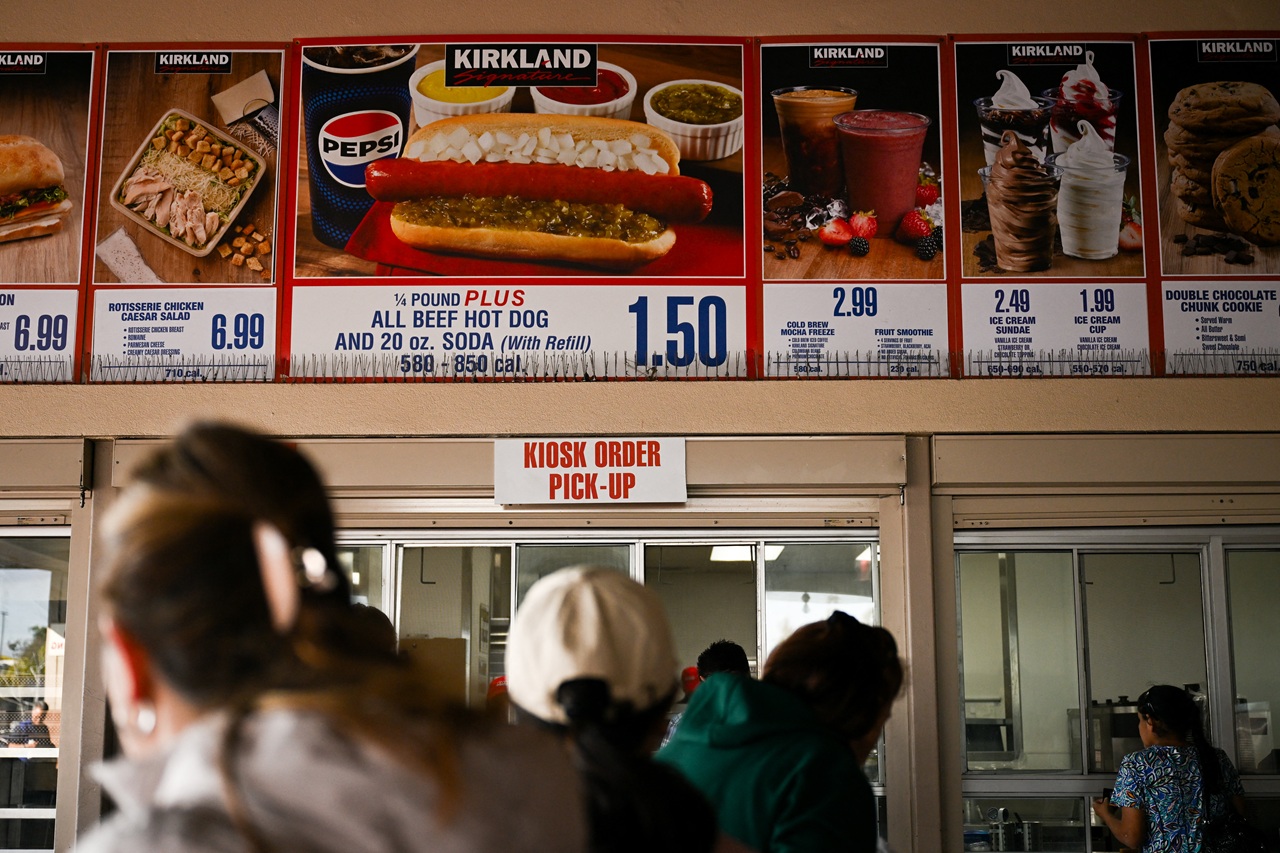


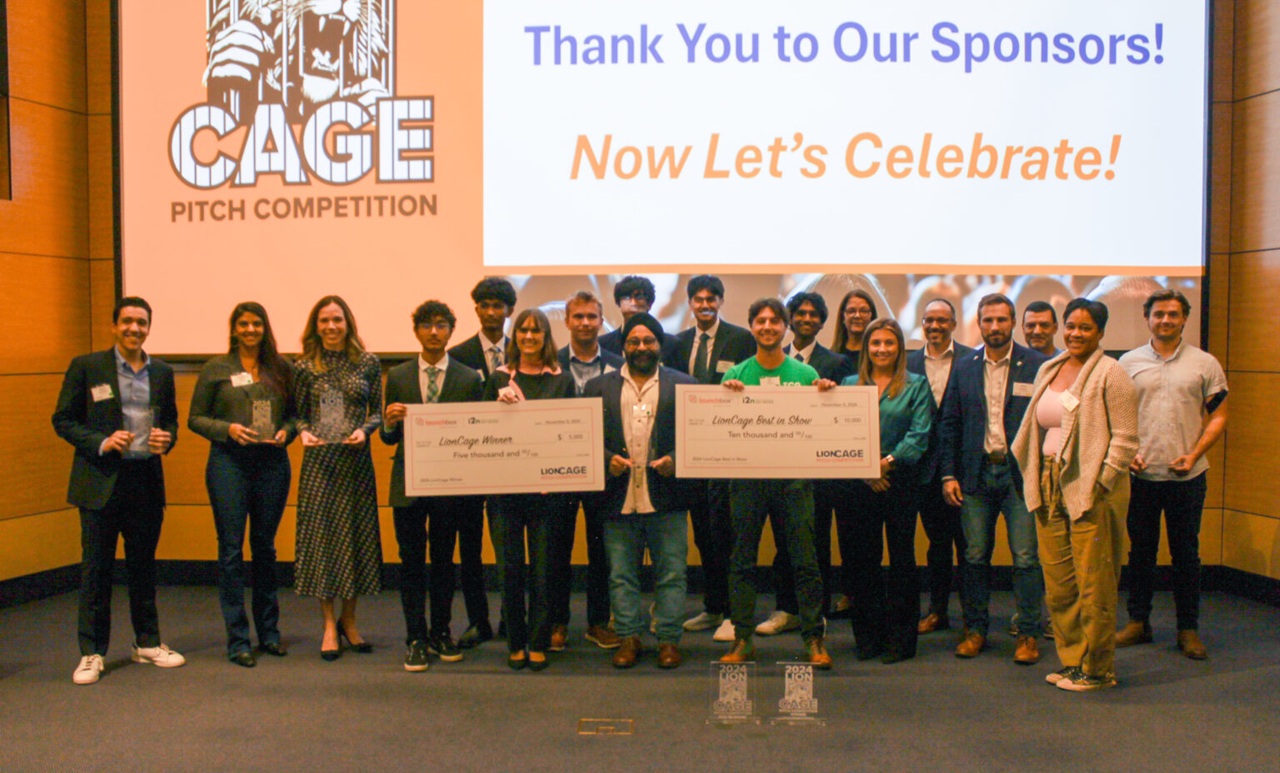
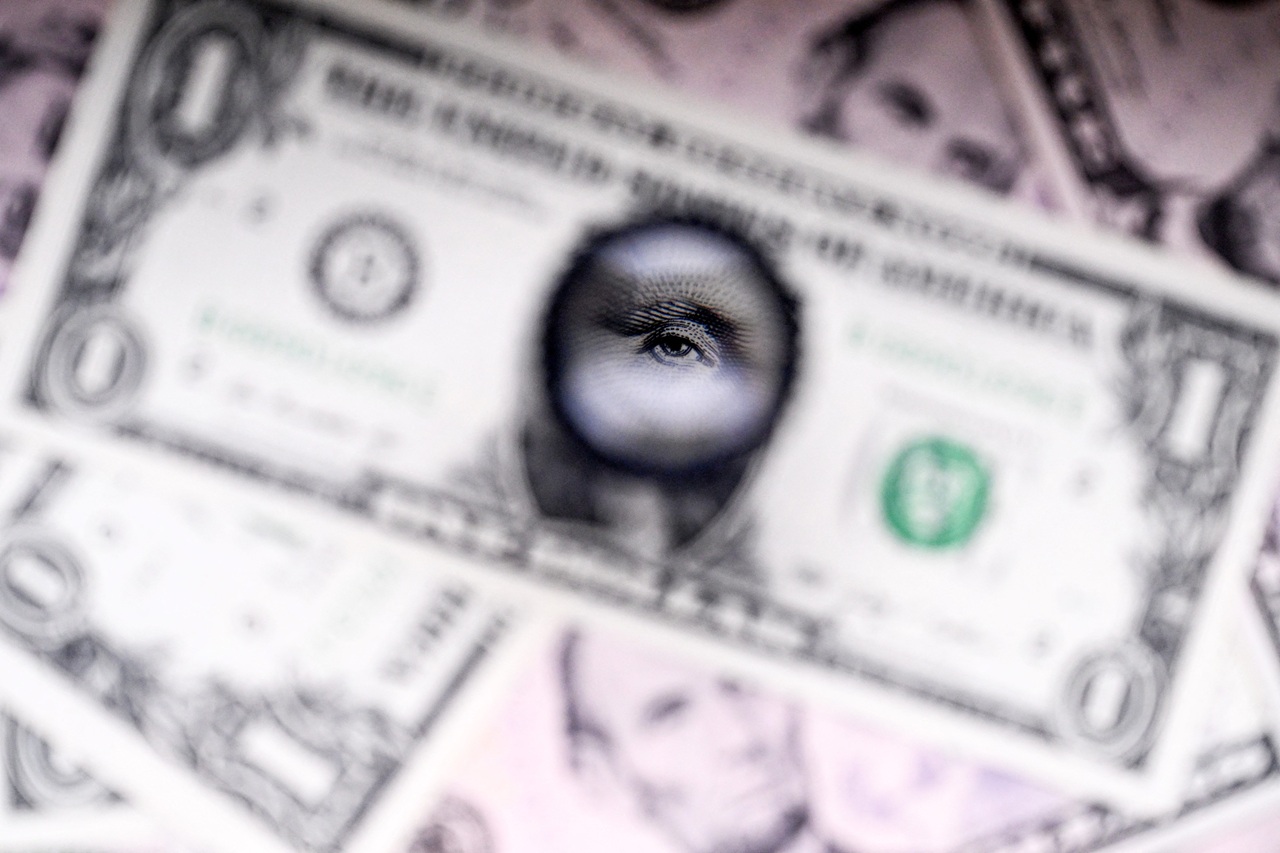


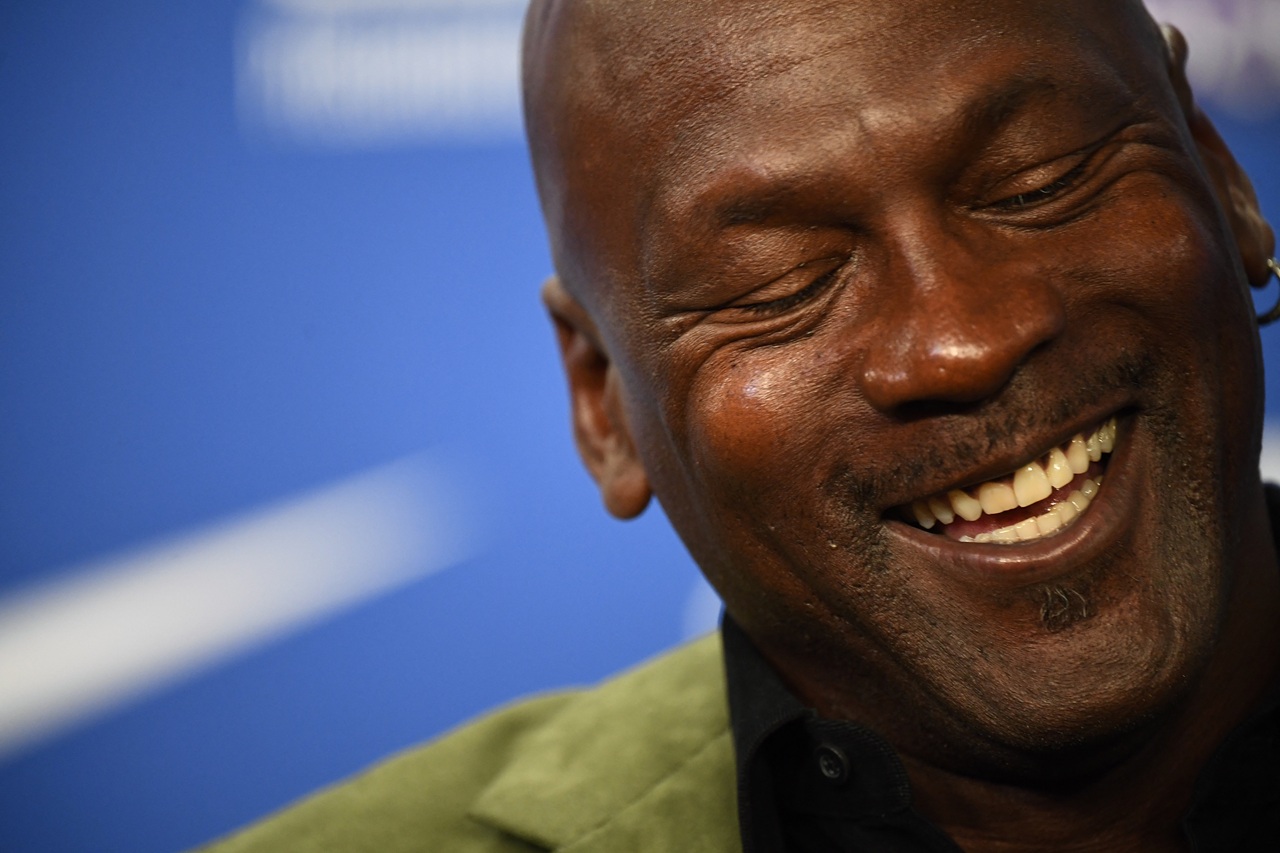

LEAVE A COMMENT: